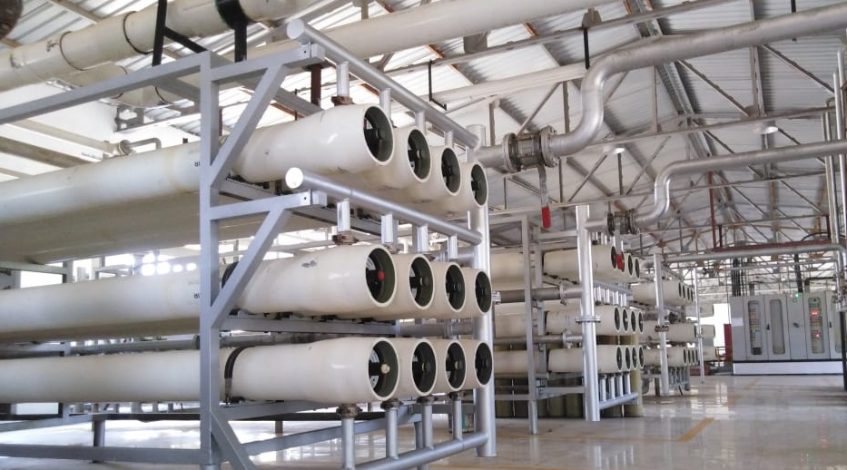In coming years, the water will be extinct from earth for use. To address such a major issue and conserve more water, it has become imperative to save water by recycling it with different processes. Wastewater is the most common byproduct which has been provided to us by our modern lifestyle and the luxurious products we dwell on. It can be in different forms either in the form of water running down the shower or runoff from wet roads. This wastewater is unfit for mankind to use it directly. Fortunately, we can make the wastewater usable by employing wastewater treatment technologies that filter and treat the wastewater by removing contaminants such as sewage and chemicals.
Various industries such as steels, power plants, textiles, sugar, food, chemicals, rice mills, paper mills, bottled water have adapted the water treatment plants. Understanding the significance of it, several water treatment plants are being installed by industries and organizations such as sewage water treatment plant, industrial RO water plant, mineral water plant, domestic water treatment plant, demineralization plant and many more. Four common ways to treat wastewater include physical water treatment; biological water treatment, chemical treatment, and sludge treatment are as follows:
Physical Water Treatment
In this process, physical method is used for cleaning the wastewater. Processes like screening, sedimentation and skimming are used to remove the solids. No chemicals are involved in this process. One of the main techniques of physical wastewater treatment includes sedimentation, which is a process of suspending the insoluble/heavy particles from the wastewater. Once the insoluble material settles down at the bottom, pure water can be separated. The other method of physical water treatment is aeration. This process consists of circulating air through the water to provide oxygen to it. Filtration, the third method, is used for filtering out all the contaminants. Special types of filters are used to pass the wastewater and separate the contaminants and insoluble particles present in it.
Biological Water Treatment
In this method, various biological processes are used to break down the organic matter present in wastewater, such as soap, human waste, oils and food. Microorganisms metabolize organic matter in the wastewater in biological treatment.
Chemical Water Treatment
As the name suggests, this treatment involves the use of chemicals in water. Chlorine, an oxidizing chemical, is commonly used to kill bacteria which decompose water by adding contaminants to it. Another oxidizing agent used for purifying the wastewater is ozone. Multi Effect Evaporator is designed to separate contaminants from the wastewater.

